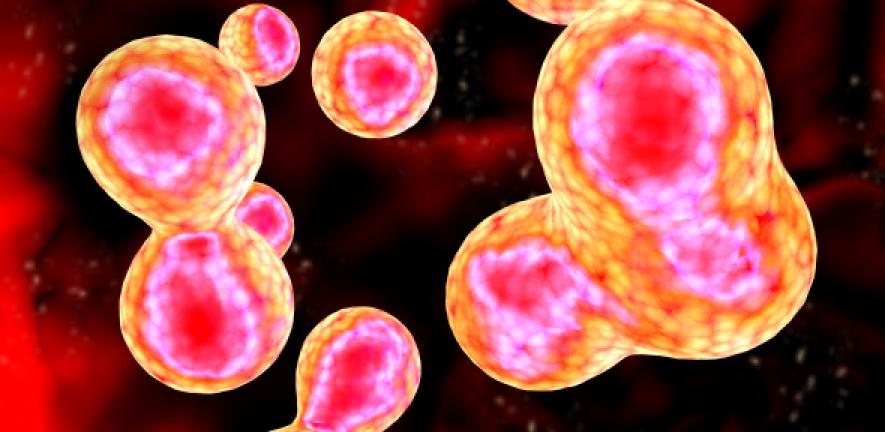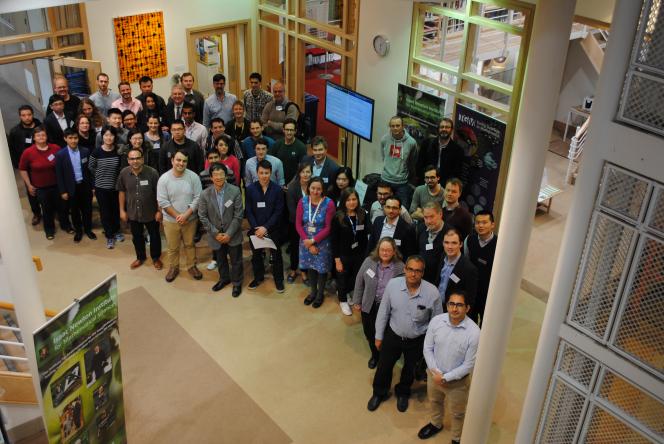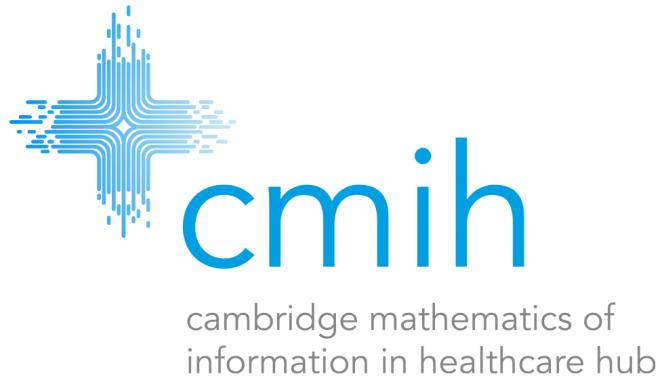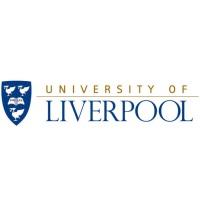
Isaac Newton Institute
Background
The EPSRC Centre for Mathematical Imaging in Healthcare (CMIH) held its second annual academic conference which was delivered in partnership with the Liverpool Centre for Mathematical Sciences in Healthcare (LCMH).
Both Centres were created following investment in five new UK Research Centres by the Engineering and Physical Sciences Research Council (EPSRC) in December 2015. A key aim of the partnerships is the delivery of high quality, multidisciplinary research that will help overcome some of the big challenges facing the NHS. Their remit is to explore how mathematics and statistics can help clinicians to tackle serious health challenges such as cancer, heart disease and antibiotic resistant bacteria. Specifically, researchers will develop new tools from predictive mathematical models to enable earlier diagnosis of chronic diseases such as epilepsy, and new systems to make clinical imaging more accurate and efficient.
CMIH is based at the University of Cambridge and aims to achieve synergies between applied mathematics and statistics through the focus on the analysis of clinical imaging, particularly that arising in neurological, cardiovascular and oncological imaging. The Centre is a collaboration between mathematics, engineering, physics and biomedical scientists and clinicians.
LCMH is based at the University of Liverpool and is carrying out multidisciplinary research to explore how mathematics and statistics can deliver a more refined and accurate set of predictive models and tools for personalised healthcare delivery. It brings together collaborating mathematicians, scientists, engineers and clinicians at the Universities of Liverpool and Lancaster with industrial partners and policy.
Aims and Objectives
This one day conference brought together those academics working on advances in imaging technology with researchers who investigate new image analysis methods, to help address current challenges. New imaging technology goes side by side with the need for mathematical models to maximise the information gain from these novel imaging techniques.
This event presented the opportunity to hear in detail about some of the current project collaborations, and focused on the academic interactions taking place in the field of medical imaging and especially across the EPSRC Centres for Mathematical Sciences in Healthcare.
The Programme featured talks that highlighted the role that deep learning can play alongside fundamental mathematical and statistical techniques used in medical imaging, including image analysis and modelling. There was a session for short “elevator pitches” where researchers presented snapshots of their work, which were further explored during a poster exhibition which ran during the lunch and the drinks/networking session.
The event was of interest to participants from the biomedical imaging, mathematics, engineering, computer science and physics, as well as biology and medicine.

Registration and Venue
Talks were aimed at academics, and a mathematical background was assumed, however, attendees from industry and the public sector were welcomed.
The workshop took place at the Isaac Newton Institute for Mathematical Sciences in Cambridge. Please see the Isaac Newton Institute website for further information about the venue.



